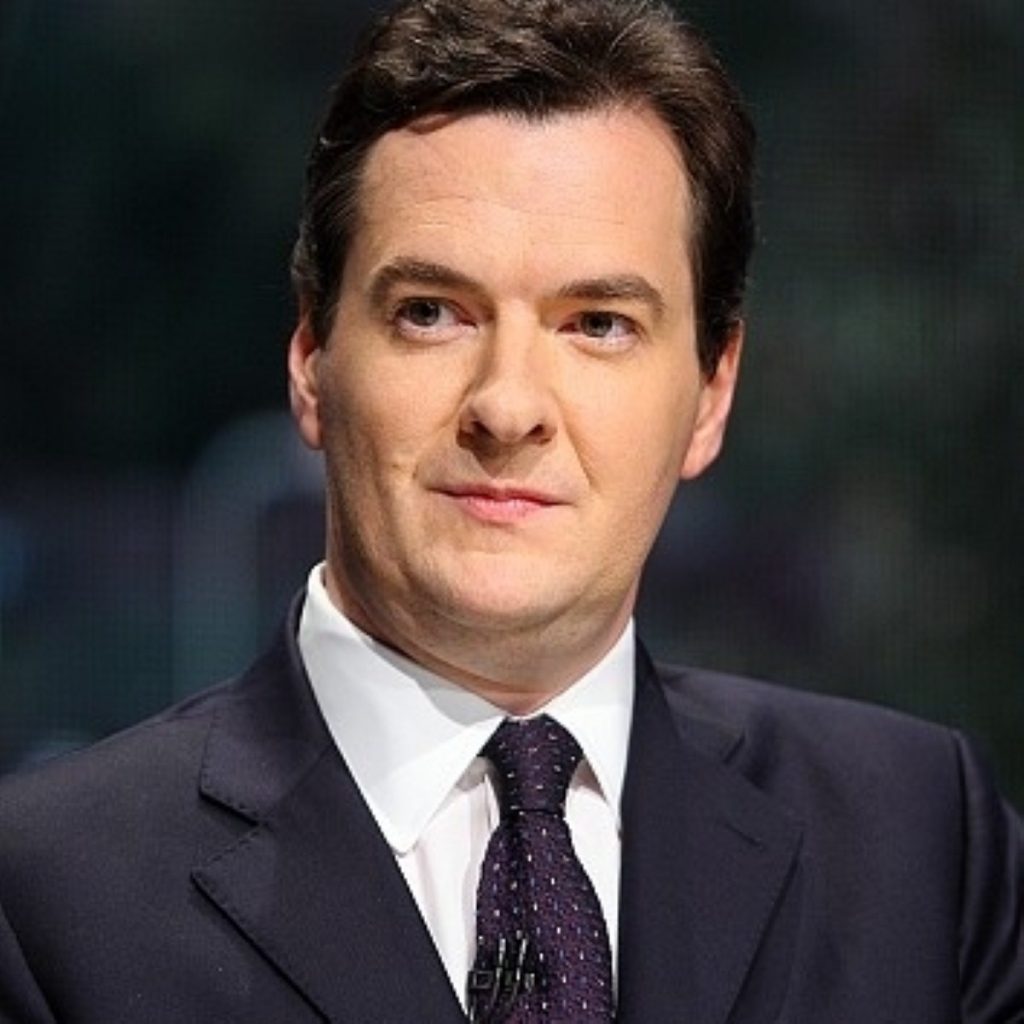Osborne fights off bank inquiry demands with major concessions
George Osborne tried to avoid demands for an inquiry into the banking scandal today with the promise of changes to the law and a parliamentary investigation.
Martin Wheatley, chief executive designate of the Financial Conduct Authority, will investigate governance of the Libor interest rate, while Treasury committee chair Andrew Tyrie will look into the culture and practise of banking as the head of a committee made up of MPs and Lords taking evidence under oath.
"We need to get on with this, not spend years on naval gazing when we know what's gone wrong," Osborne said.
"I don't think a long costly public inquiry is the right answer. It would take months to set up and years to report."


The chancellor said the Wheatley report would publish its conclusions this summer while the parliamentary inquiry will publish its report by the end of the year – allowing all the recommendations to be fed into the banking reform bill, which was designed to implement the Vickers report on bank reform.
In a separate move, Osborne said the government would look into whether the financial services bill could be altered to reform the fines system for misbehaving banks.
But Labour MPs became concerned the parliamentary inquiry might turn into a party political fight, after Osborne pointedly told the Commons it would have the power to call current MPs. He also repeatedly referred to Ed Balls' position as city minister during the Libor scandal.
"There was one question which dare not speak his name," Osborne shouted across the Commons.
"Who was the city minister when the Libor scandal happened? Who? Put your hand up if you were city minister when the scandal happened.
"There was not one word of apology. He did not take personal responsibility.
"We need to know did he know anything that was gong on. Did he express concerns?
We will find out in due course."
Balls accused the chancellor of watering down the Vickers recommendations to allow complex financial derivatives to sit in the retail separation of the banking industry – precisely the allowance which facilitated the Libor scandal.
"The government's decision to reject Labour's call for an independent judge-led inquiry just will not do," the shadow chancellor said.
"Just as in phone hacking and the Iraq war, so with banking. We should all learn the lessons of an open and independent judicial inquiry.
The developments came just hours after Barclays chairman Marcus Agius announced his resignation.
Meanwhile, the British Banking Association cancelled its summer party, as the industry continues to reel at the negative coverage which met the latest scandal.
"We believe that in the current circumstances it would be wrong to proceed with the reception on Wednesday evening," Angela Knight, chief executive, wrote to members.
"We regret the short notice but our industry needs to think long and hard about its collective behaviour and I am sure you understand this is not the time for such an event to take place."
Barclays has also announced the launch of an audit of its business practices, to be led by an independent third party, as it tried to limit the damage of the crisis.

